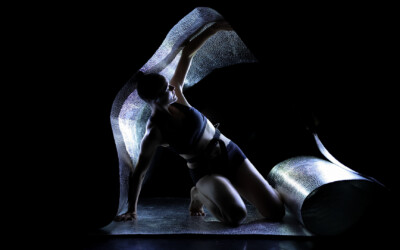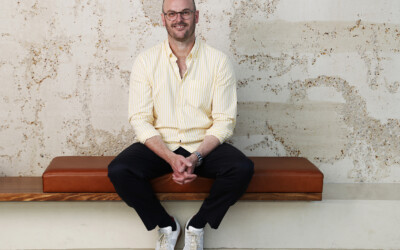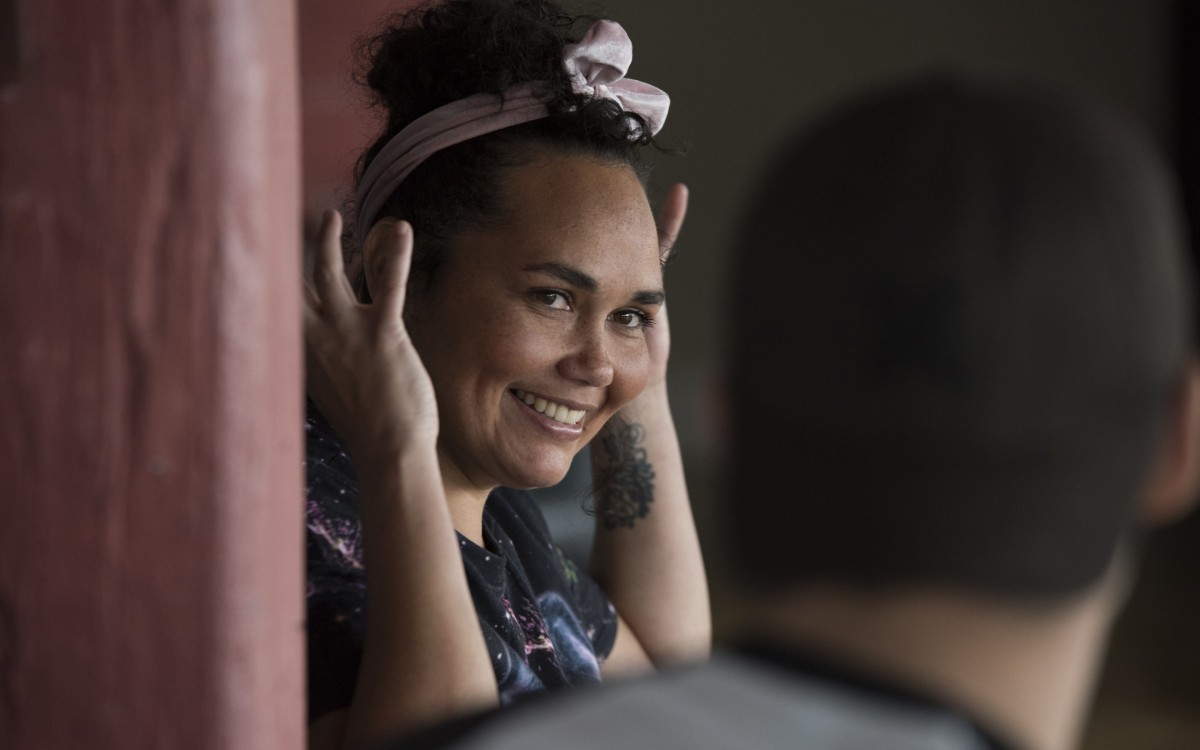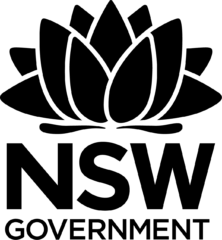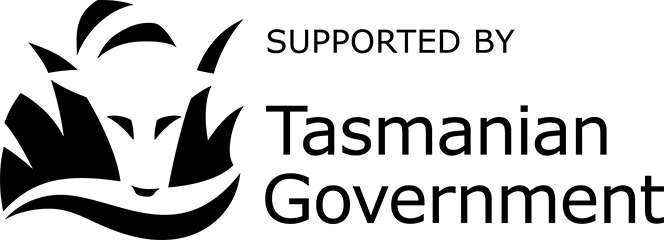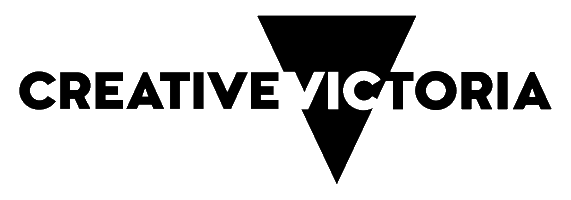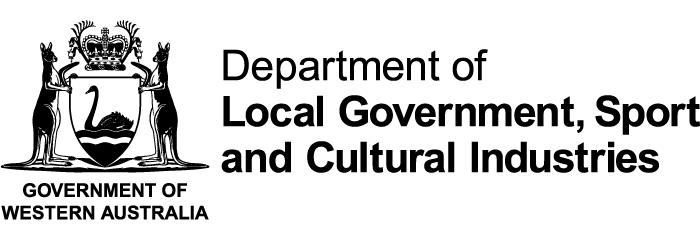After another tumultuous winter for the arts community, Performing Lines reached out to some of our associated artists to touch base. In this series of interviews, which will be published throughout October, we spoke about lockdown coping strategies, how each artist’s practice and perspective has changed over the past year, and where creative work fits in the middle of a pandemic (if at all).
Today we hear from Loren Kronemeyer, whose works span interactive and live performance, experimental media art, and large-scale worldbuilding projects aimed at exploring ecological futures and survival skills.
While Covid has significantly disrupted our capacity to work in the arts, this can provide down time to reconnect with other art forms. What are some of the things you’ve been reading, watching, or listening to?
Over the past few weeks I’ve gotten in the habit of watching documentary or news footage of events from the late 1980s or early 1990s, then calling my parents in Los Angeles with friends the next morning to ask about their memories. It’s been a nice way to open lateral conversation with them. I’ve recently engaged with my mother’s recollecting 16 years of Nancy Reagan’s political career, and my father’s memories of the Heaven’s Gate suicides and Hale Bop comet. It’s nice to look at collective cultural memories through their eyes.


